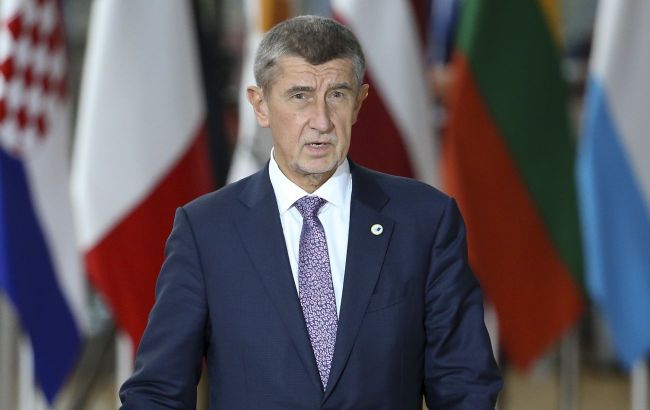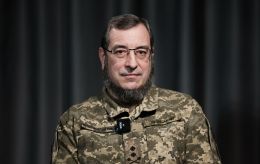Czechia may elect anti-Ukraine government: What it means for Kyiv and EU
 Photo: Andrej Babiš (GettyImages)
Photo: Andrej Babiš (GettyImages)
In the October elections in Czechia, there is a high probability that the populist ANO (Yes) party of Czech billionaire and former Prime Minister Andrej Babiš will win. In this case, the politician will return to the Prime Minister's office, according to RBC-Ukraine's article.
Babiš has centrist views, but as a populist, he is also known for his anti-Ukrainian rhetoric. In particular, in June this year, he spoke out against supporting Ukrainian refugees.
According to an Ipsos poll conducted in late July and early August, Babiš's ANO party is in first place with 34.9% support. The current Spolu government coalition, which includes mainly centrist parties ODS, TOP 09, and KDU-ČSL, has 21.9% voter support. At the same time, the radical SPD (Freedom and Direct Democracy) party could enter parliament with 13% of the vote.
The key question is who ANO will form a coalition with, and here, there is even more bad news.
"Of the parties Babiš could partner with, the SPD is clearly the most acceptable for him, i.e., the far-right. Such a scenario would be the worst for everyone," said Serhii Herasymchuk to RBC-Ukraine.
The SPD is critical of the European Union and, to a certain extent, is anti-Ukrainian, the expert noted. Its leader, Czech businessman Tomio Okamura, who is of Japanese origin, promises a full review of all Ukrainian visas in Czechia if his political force joins the coalition. He also proposes to allow only those Ukrainians to remain who can prove that they work in positions where it is impossible to hire a Czech citizen.
At the same time, the current coalition should not be written off yet. In addition to the ruling parties, there are several new political forces that could enter parliament and join the coalition: the Czech Pirate Party and the Stačilo! (Enough!) movement.
"Then we would have the necessary number of votes from the current governing parties to form a coalition. The difference is that, unlike a Babiš–Okamura coalition, this one would be even more fragmented. The more parties in the coalition, the harder it is to find common ground for coordinated action," Herasymchuk emphasized.
Last year, Petr Pavel, who actively supported Ukraine in its opposition to the Russian invasion, won the presidential election in Czechia.
At that time, former Prime Minister Andrej Babiš and former NATO General Petr Pavel advanced to the second round of the Czech presidential election.



